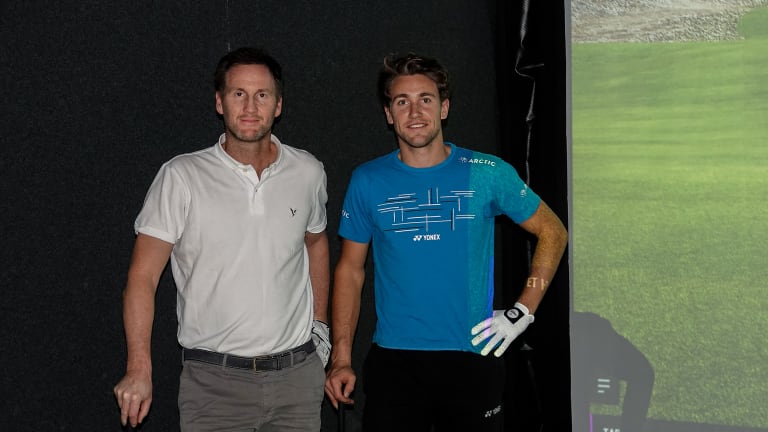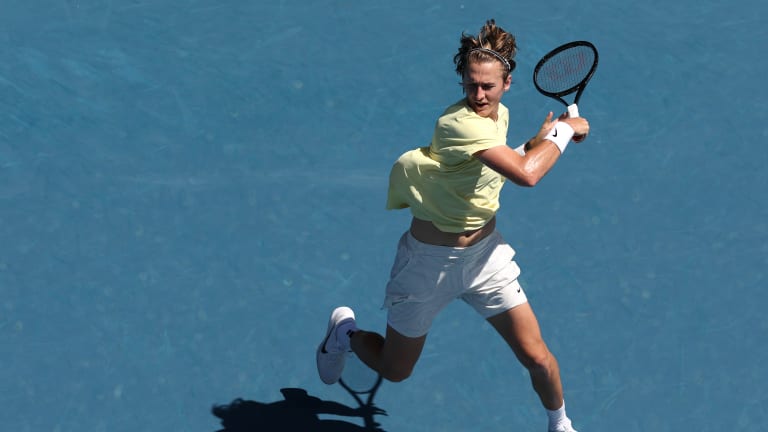No, professional tennis players aren’t nepo babies
By Feb 03, 2023pickleball
The Process: How Jessie Irvine took her tennis game to the pickleball court
By Nov 07, 2023pickleball
A trip through California’s courts reveals plenty about pickleball’s inviting and intoxicating culture
By Nov 07, 2023pickleball
PBTV Primer: What to watch for when tuning into pickleball
By Nov 07, 2023S-Hertogenbosch, Netherlands
Alexandrova, Kudermetova to meet in all-Russian women's Den Bosch final
By Jun 17, 2023ATP Stuttgart, Germany
Seeds Frances Tiafoe, Hubert Hurkacz, Lorenzo Musetti move into Stuttgart quarterfinals
By Jun 14, 2023Facts & Stats
Stat of the Day: Gael Monfils battles to first tour-level win of injury comeback at Roland Garros
By May 30, 2023S-Hertogenbosch, Netherlands
Venus Williams to play first match since January at 's-Hertogenbosch grass-court tournament
By May 30, 2023Roland Garros
Three Chinese men play at French Open, the country's first male entrants in Paris since 1937
By May 29, 2023Facts & Stats
Stat of the Day: Novak Djokovic is now 19-0 in his career in first-round matches at Roland Garros
By May 29, 2023No, professional tennis players aren’t nepo babies
They seem to be everywhere these days, but don’t look for them on the tours.
Published Feb 03, 2023
Advertising
Advertising

Former player Christian Ruud and current No. 4 Casper Ruud, playing some golf when not training for tennis.
© Matt Fitzgerald
Advertising
Advertising

Sebastian Korda has come the closest to beating Novak Djokovic this year, and posted his best Grand Slam result at the Australian Open.
© Getty Images